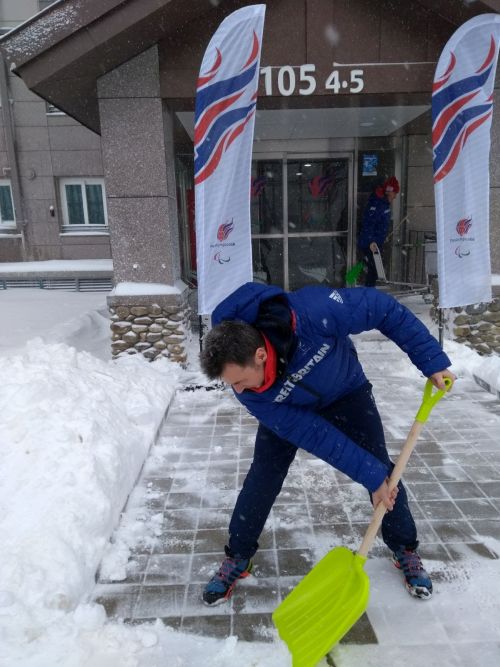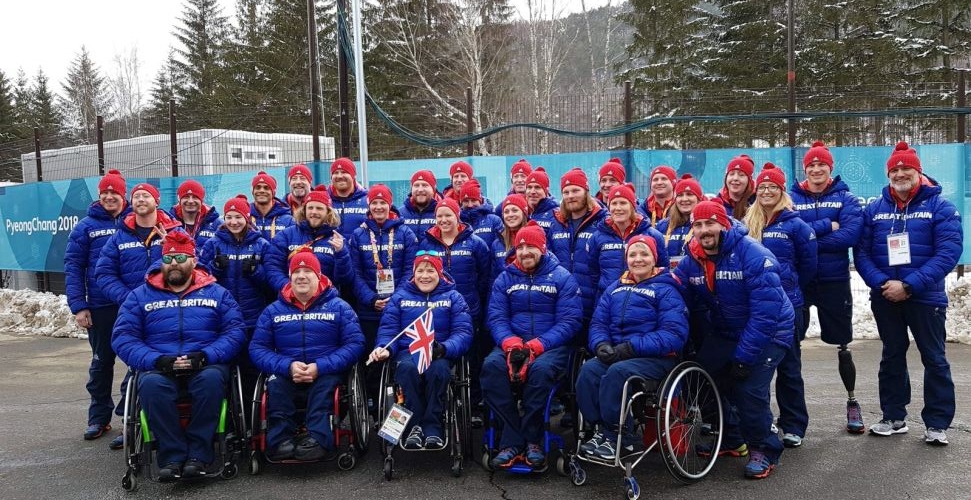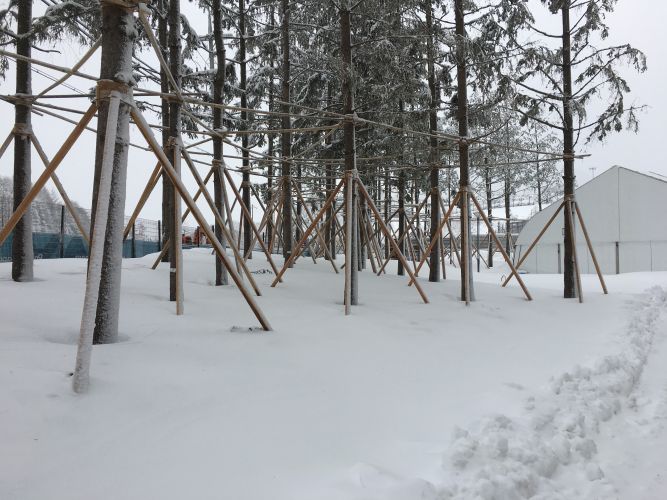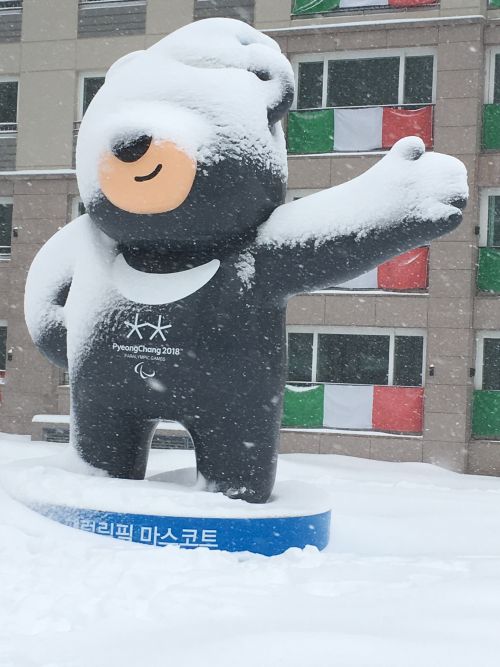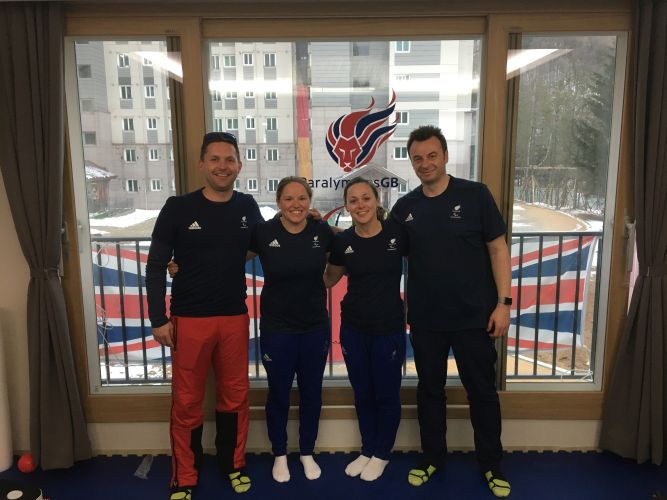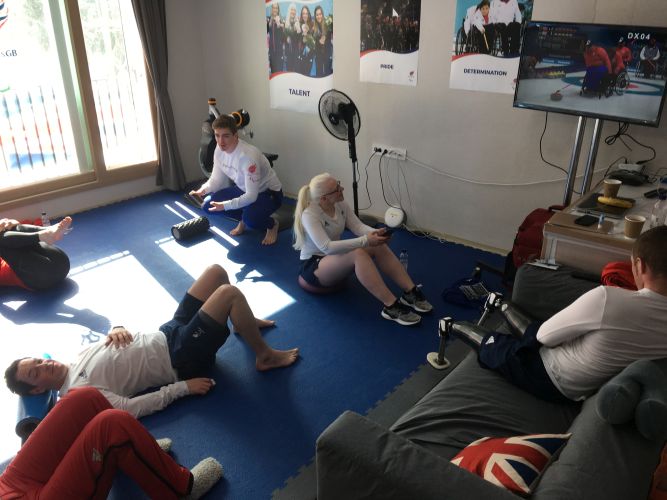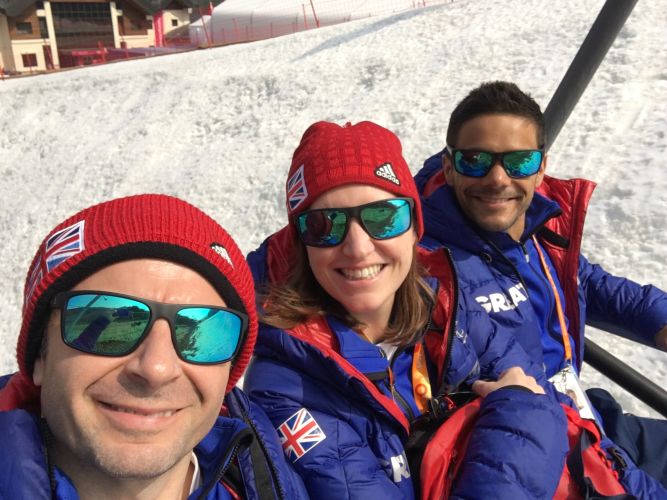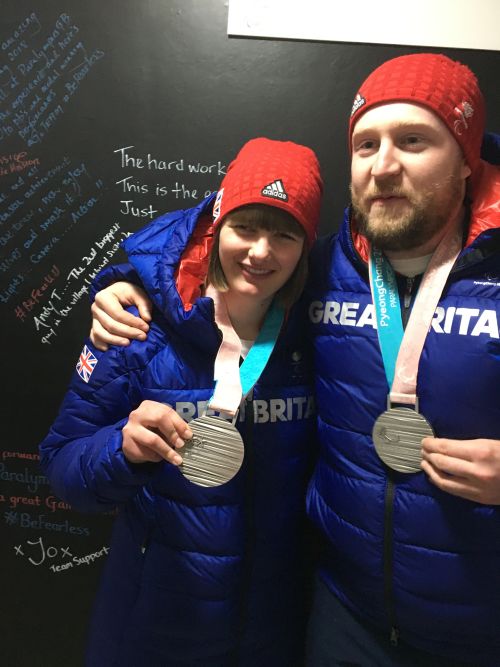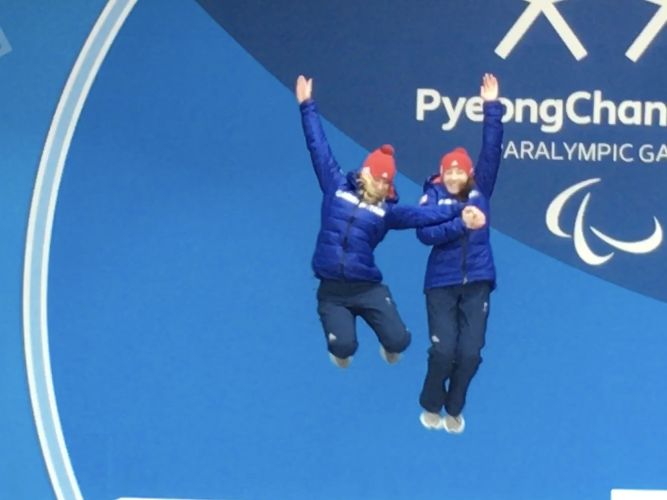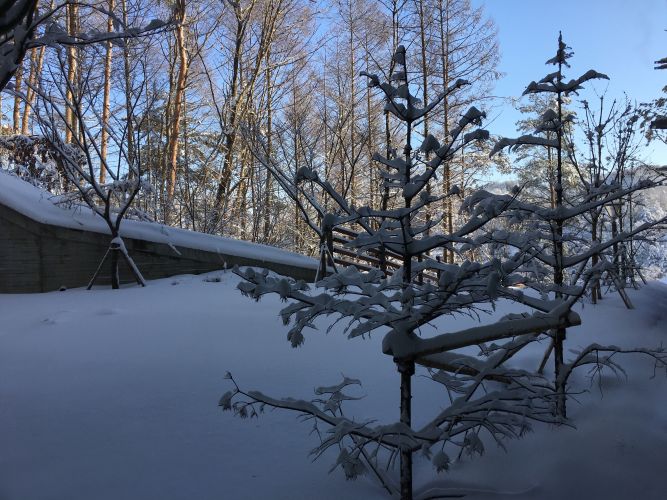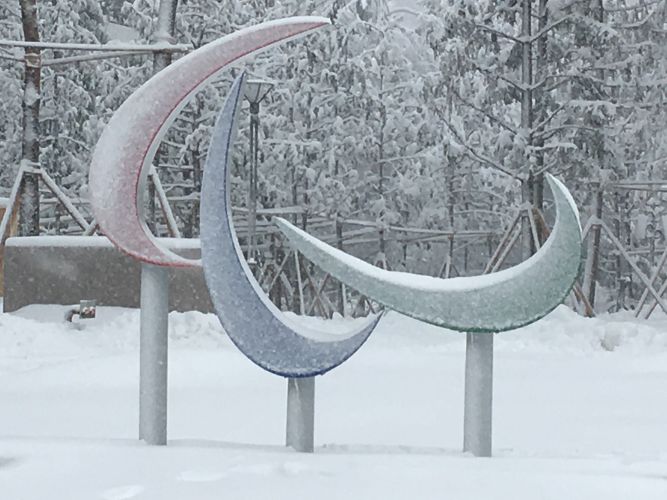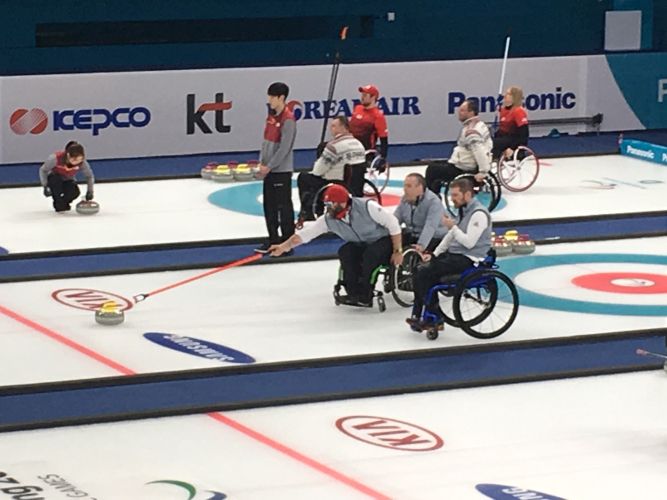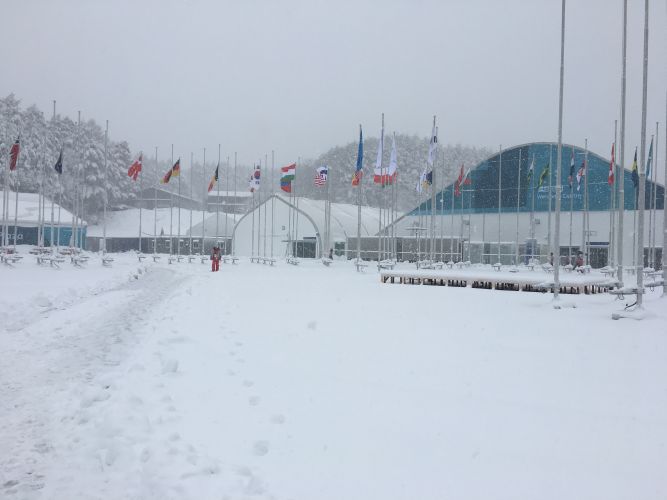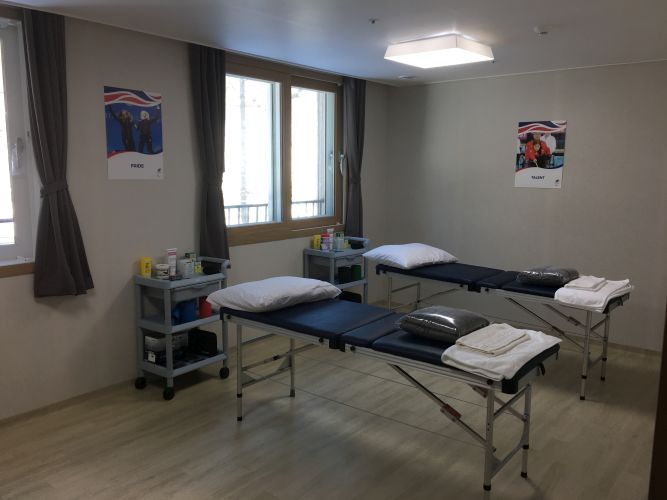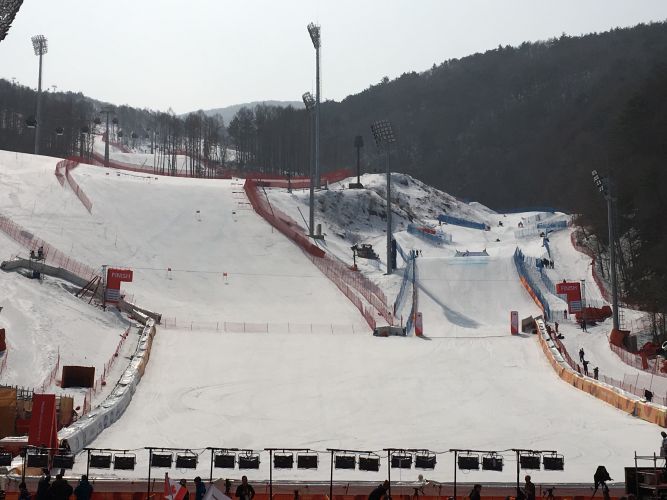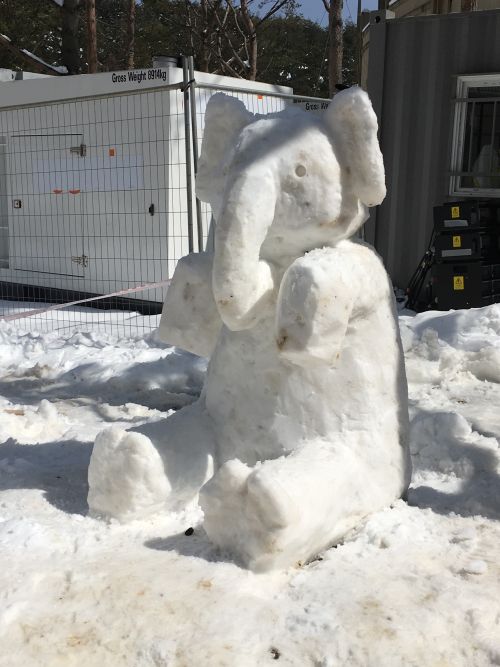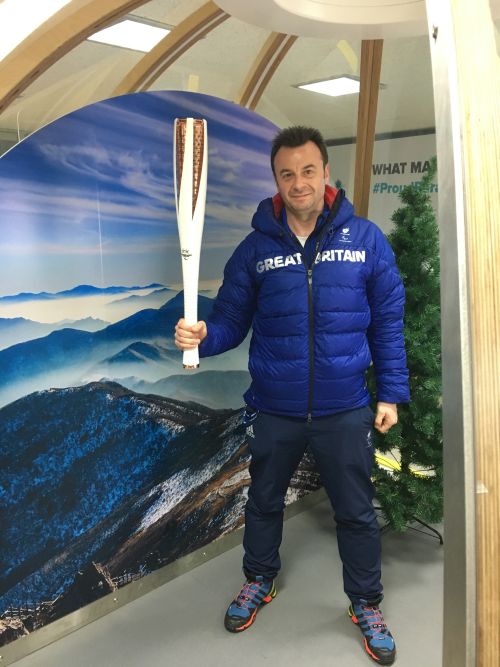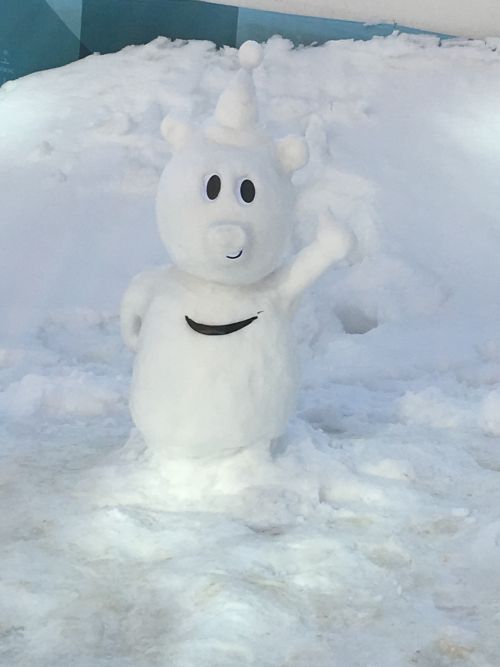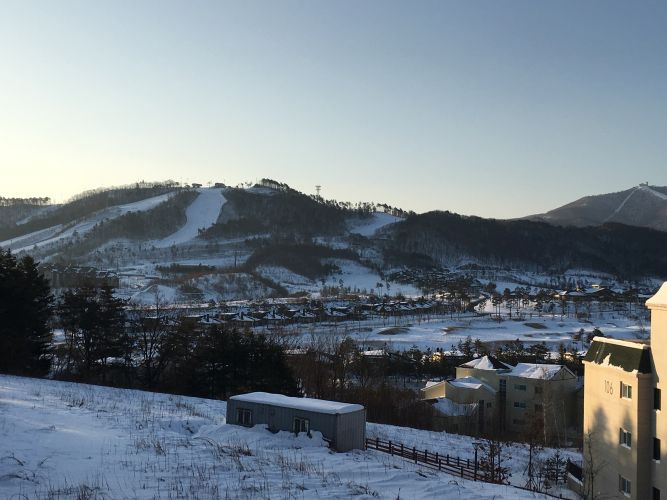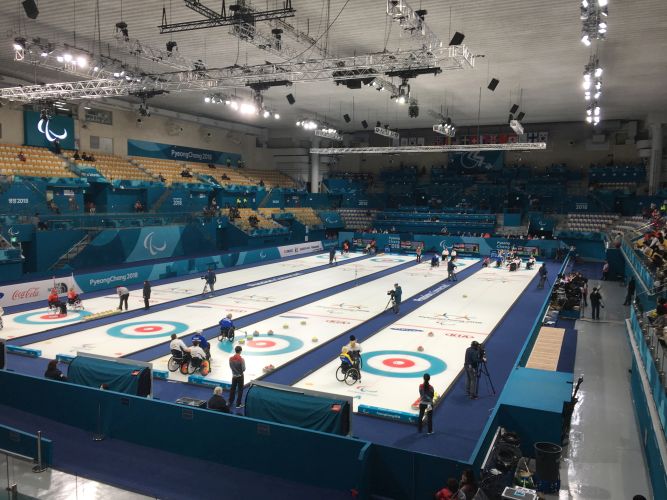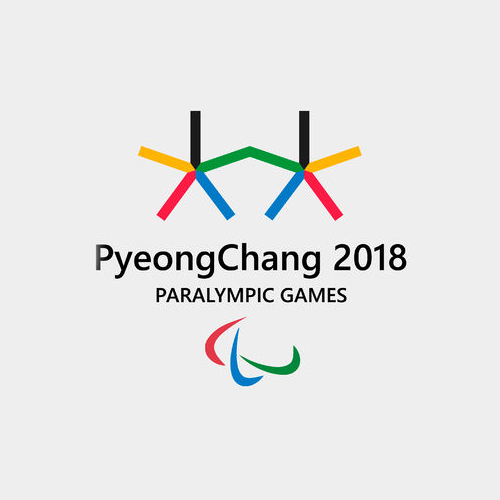Paul Martin's Low Down on the Winter Paralympics
In his other life Physio Remedies' Physiotherapist and Director Paul Martin is Technical Lead Physio for Paralympic Sport with English Institute of Sport. Once again he's been working with ParalympicsGB athletes to get them ready for the Winter Paralympics and will shortly be heading to PyeongChang to support the team during the Games.
We asked Paul to give us the lowdown and his 'ones to watch' of the Winter Paralympics:
Preparations:
As the Winter Olympics draws to an end, preparations start for the Winter Paralympics in PyeongChang to start with the opening ceremony on 9th March. As part of the handover process, some of the Paralympics GB delegation will be in the Village for the final 2 days of the Olympics to start planning how we will use the space and to ensure our space is prepared for the arrival of the athletes, some of whom will enter the Village on the first day of opening on 3rd March.
New Kit:
Now it's a case of packing the essentials and making sure the final preparations for the team are set. The official kit arrived in early January (which gave ample time to get rid of some of the Christmas bulk that made it look just a little too tight!) and as might be expected for a winter games, it is a lot bulkier and warmer than the summer games kit. It is essentially what you have seen the Team GB athletes wearing with the Paralympics 'face on' lion rather than the Team GB lion in profile. This means there is much less space for packing and given the Opening and Closing Ceremonies wear (provided by Asos, it is very warm and very bulky!), extra kit space will be at a premium.
Competition Events:
There are 6 competition events in the Winter Paralympics with a total of 80 medals at stake; Alpine Skiing, Biathlon, Cross Country Skiing, Para-Ice Hockey (formerly known as Sledge Hockey), Snowboarding and Wheelchair Curling. Paralympics GB has athletes competing in Alpine Skiing, Biathlon, Cross Country, Snowboarding and Wheelchair Curling and the medal target from UK Sport is 7 medals (in a range of 6-12). This is quite a challenging total and within the first 3-4 days there should be a good idea of whether we will hit our target as many of our best events are early in the Games.
Ones to Watch:
Many of these will come in the Alpine Skiing where GB athletes have perfromed well so far this year and are improving. Kelly Gallagher will be defending her Super G (visual impairment) gold medal from Sochi with guide Gary Smith. They will be pushed across all their events by Millie Knight (with guide Brett Wild) who competed in Sochi as a 15 year old and Menna Fitzpatrick (with guide Jen Kehoe) who have won 10 medals in 10 World Cup events this season. James Whitely and Chris Lloyd will be competing in the standing classification in the Men's events.
For the first time in 20 years we have an athlete competing in Biathlon and Cross Country. THis is a new sport for Scott Meenagh who transferred from rowing and in 14 months is starting to make his mark iin both disciplines. The former Royal Engineer has been improving through the season and any top 10 finish would represent an excellent Games for him in his 8 events.
Snowboarding makes it's debut in Pyeongchang with events in Banked Slalom and Snowboard Cross. Owen Pick, Ben Moore and James Barnes-Miller will be flying the flag and with a couple of podium finishes for them already this year, and in a sport that can be unpredicatable at the best of times, anything is possible!
Finally, the GB Curlers won Bronze in Sochi and Aileen Nelson and her experienced team will be looking to better that. They have beaten everyone on the circuit at one point or another this season so hopes are good.
Enjoy the show!
Words by Paul Martin.








